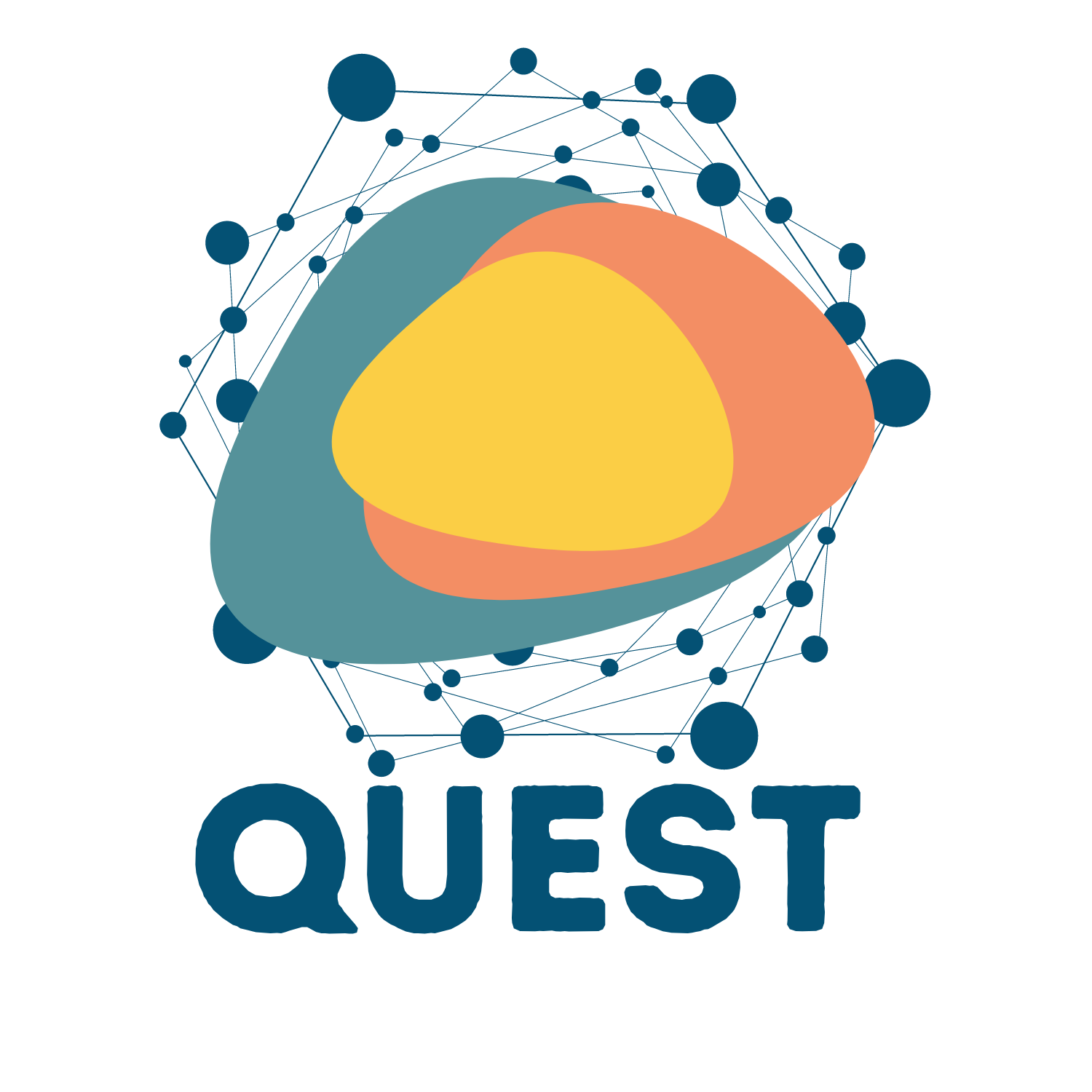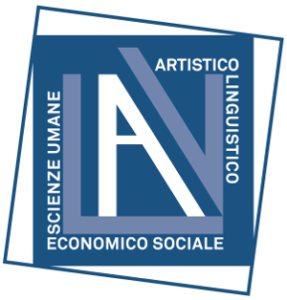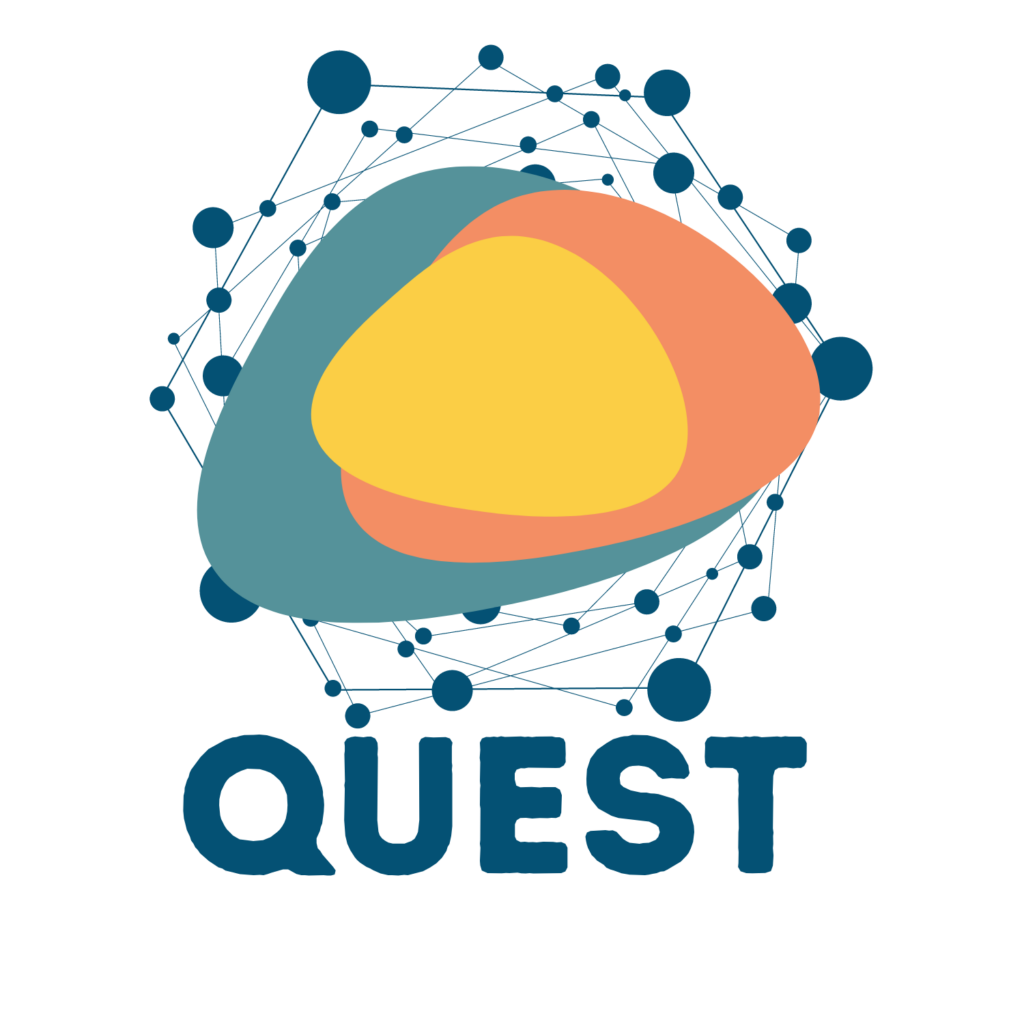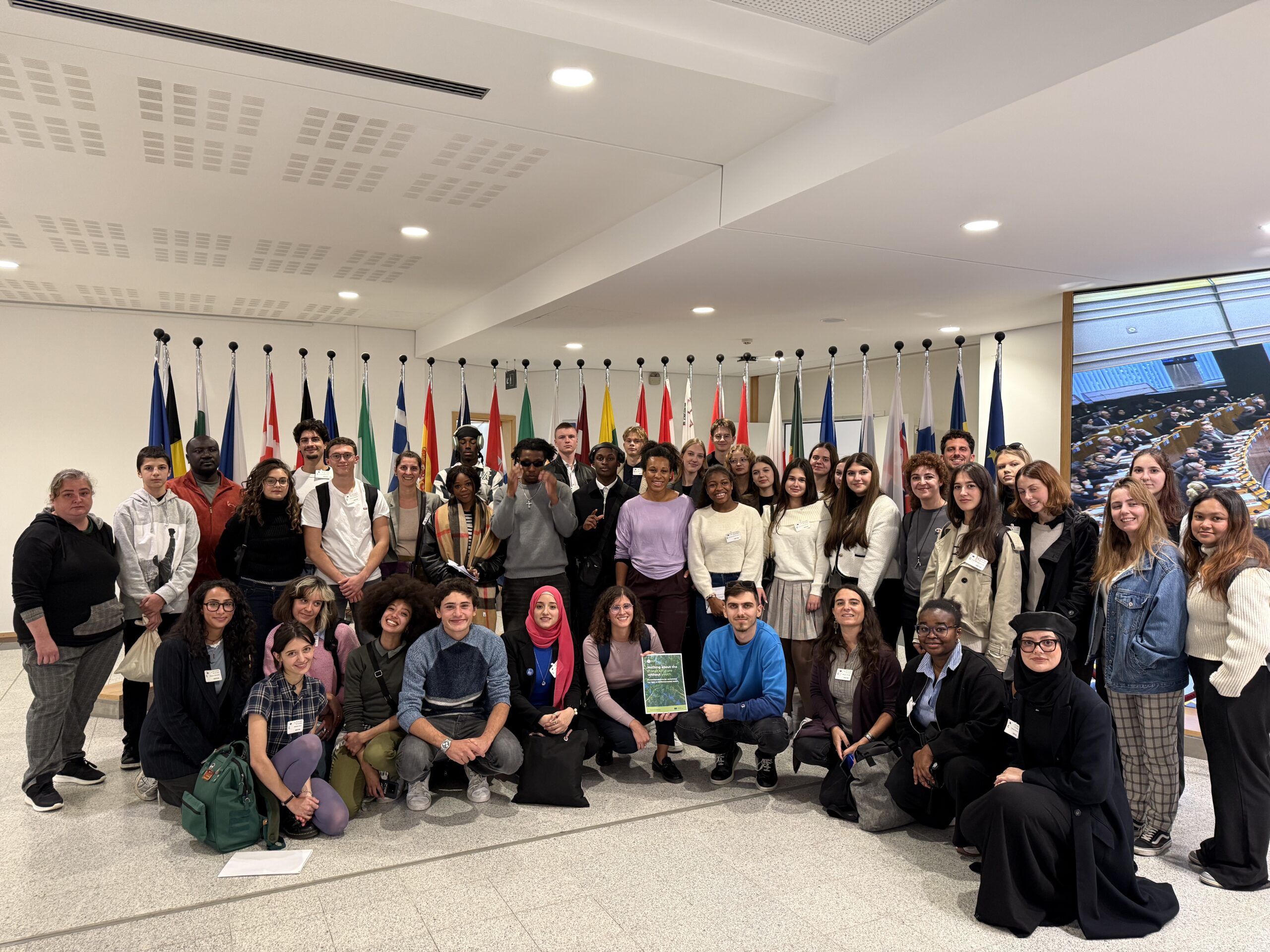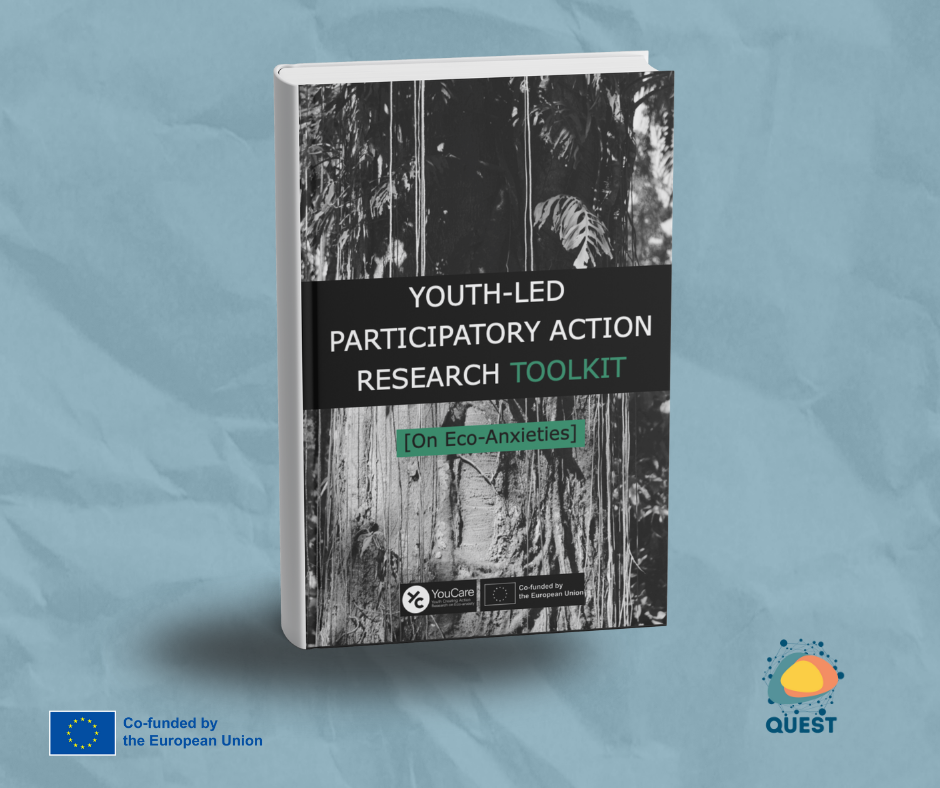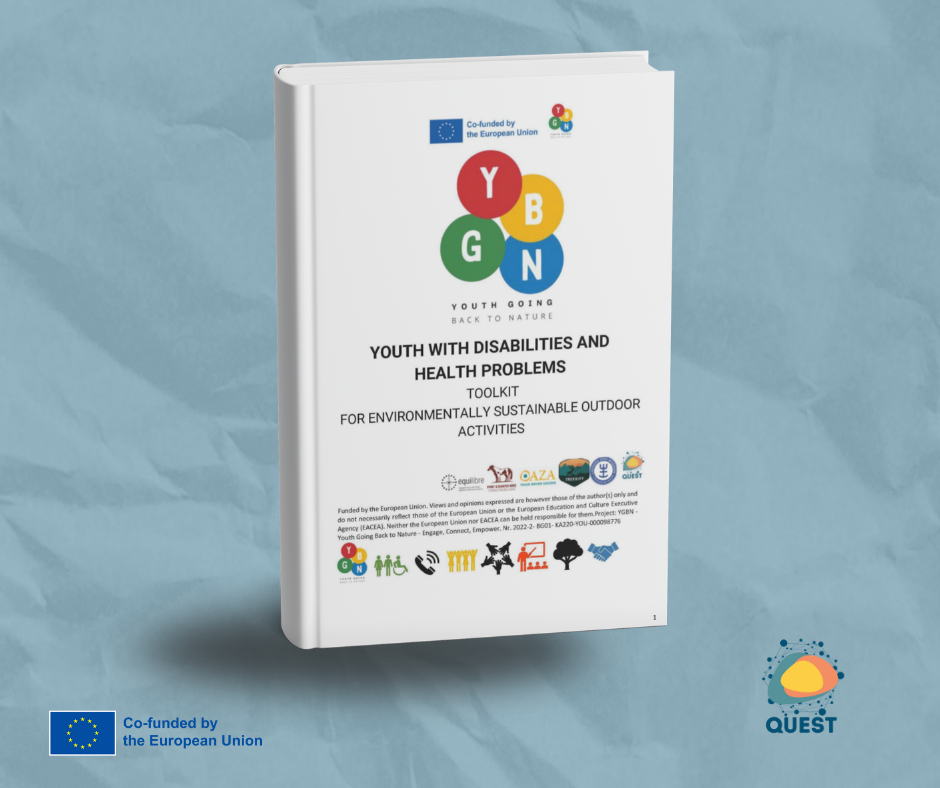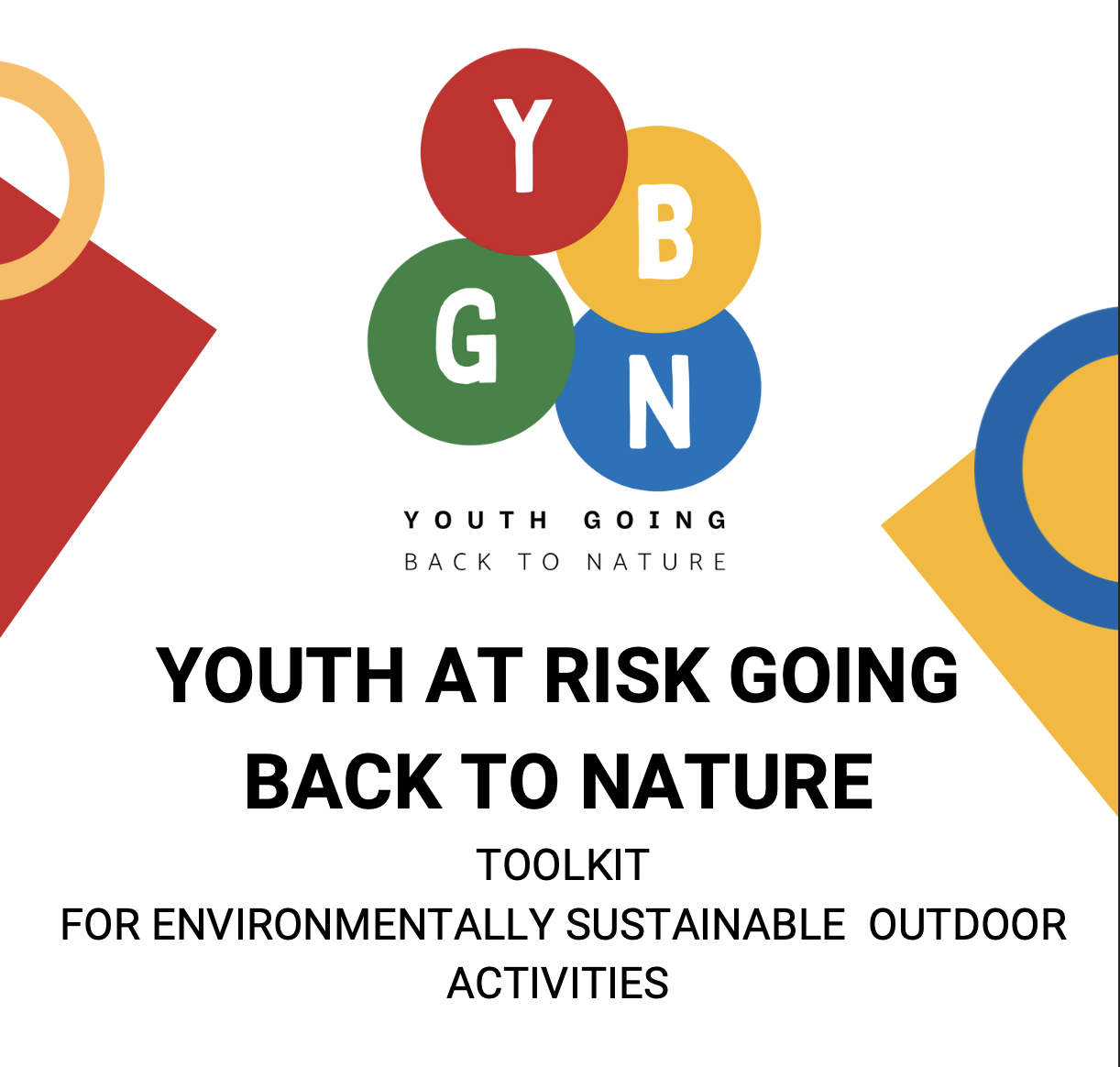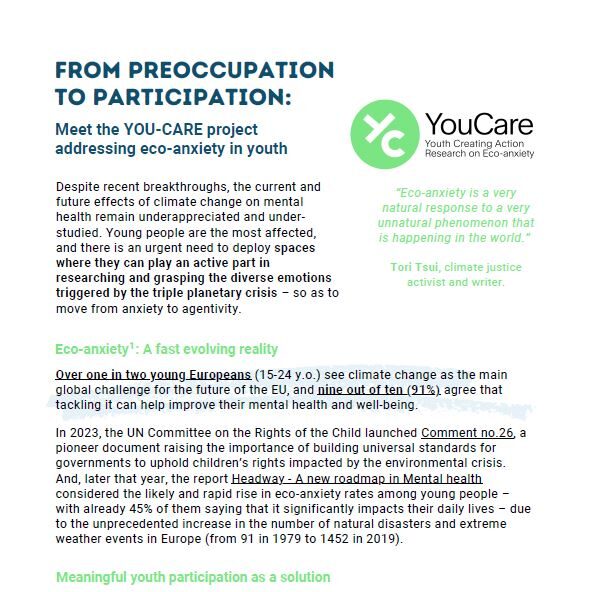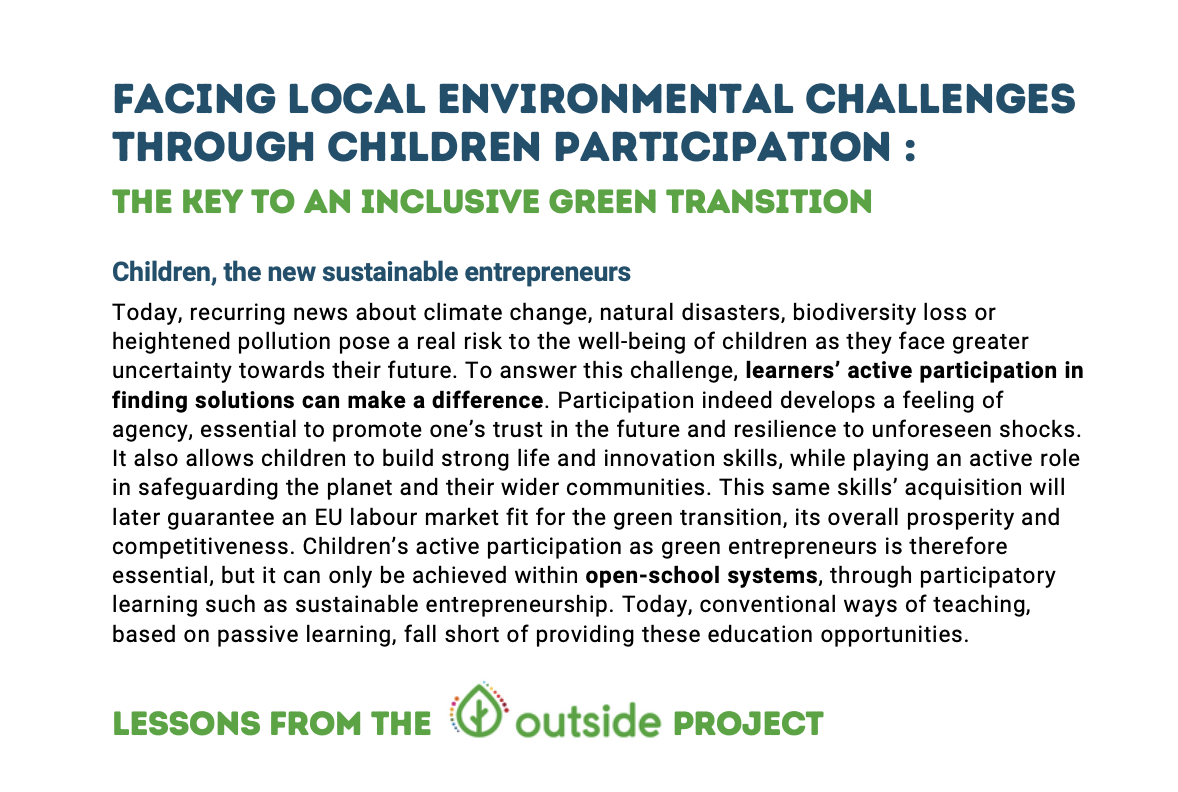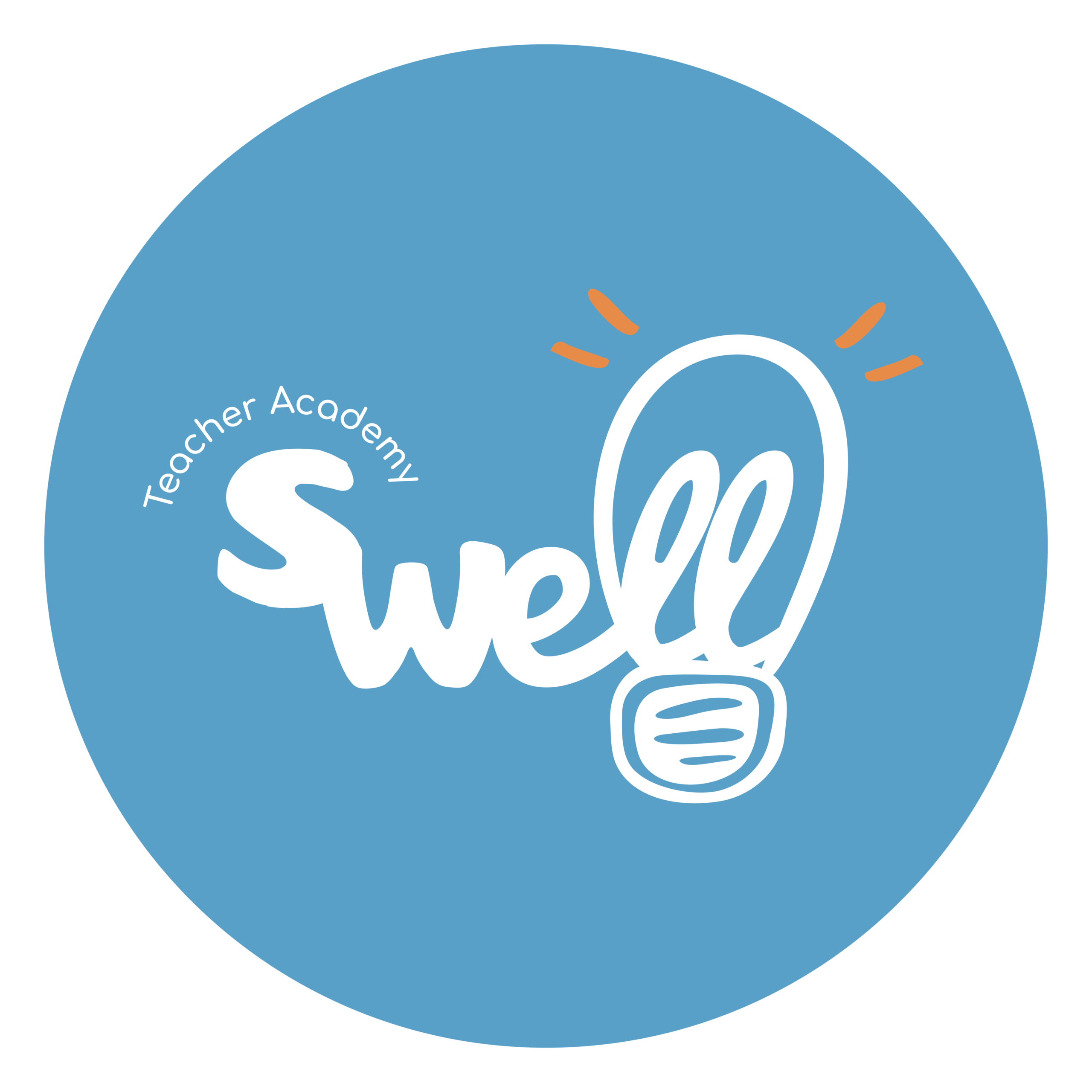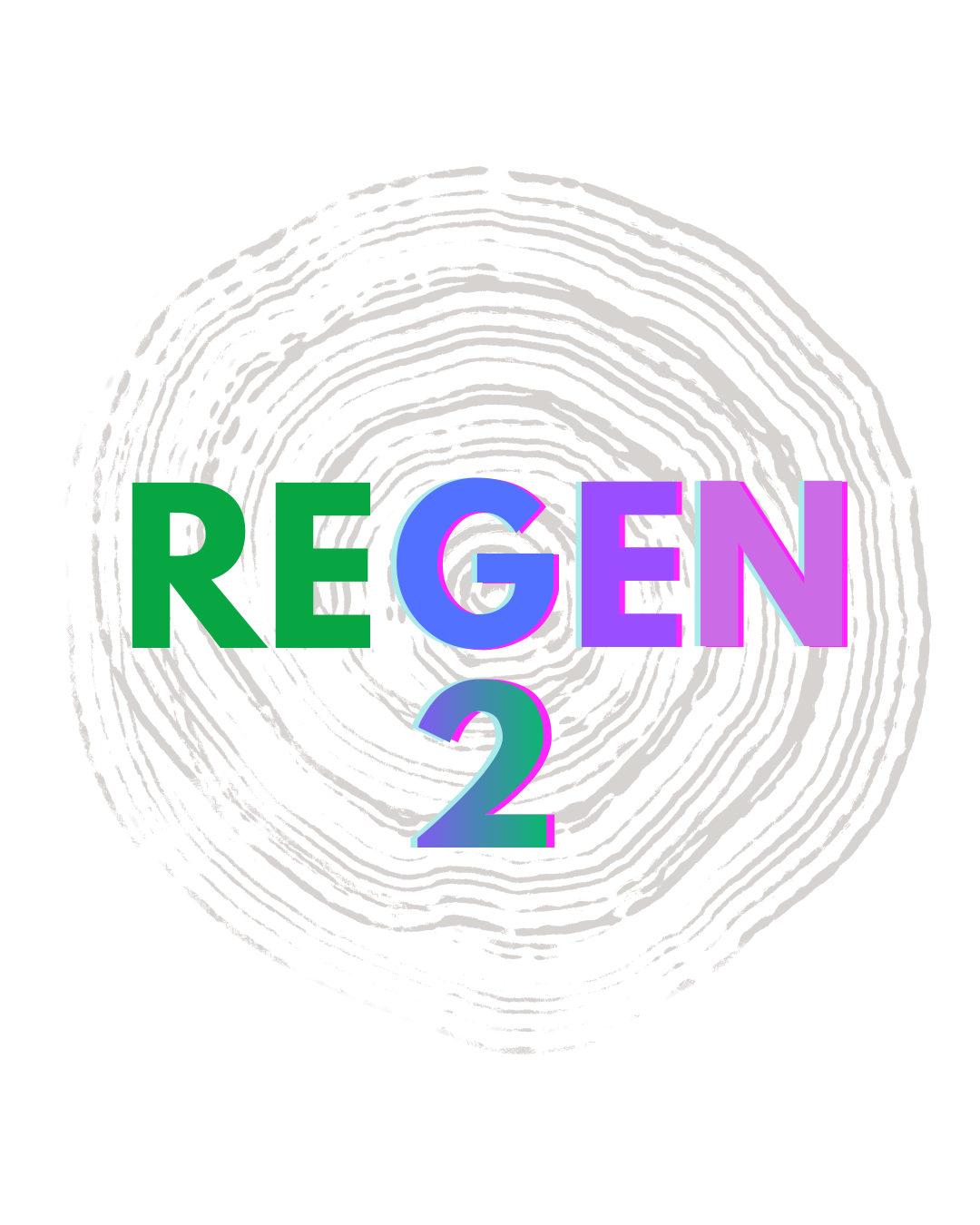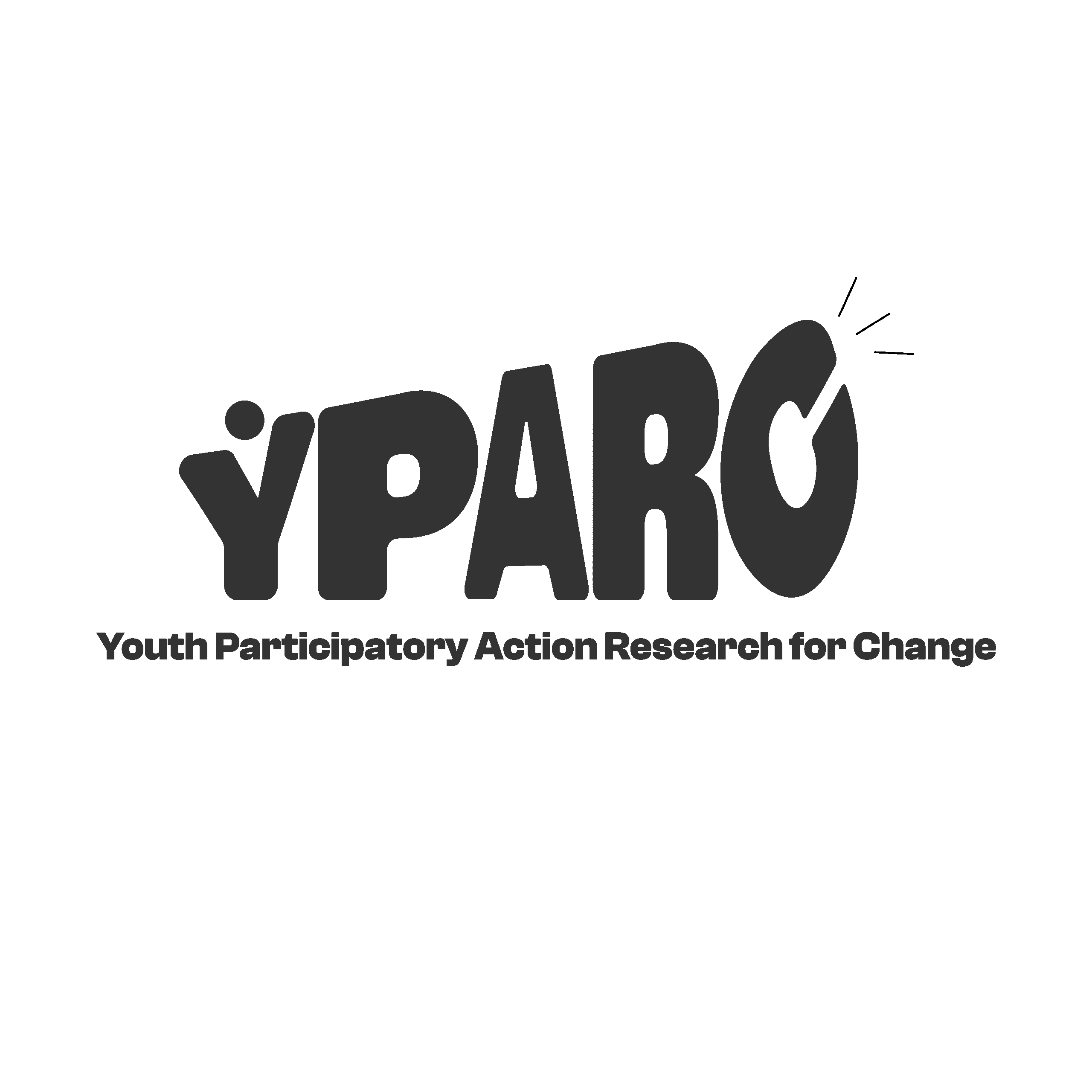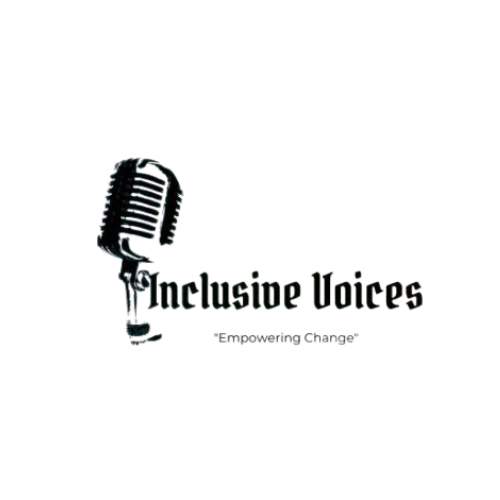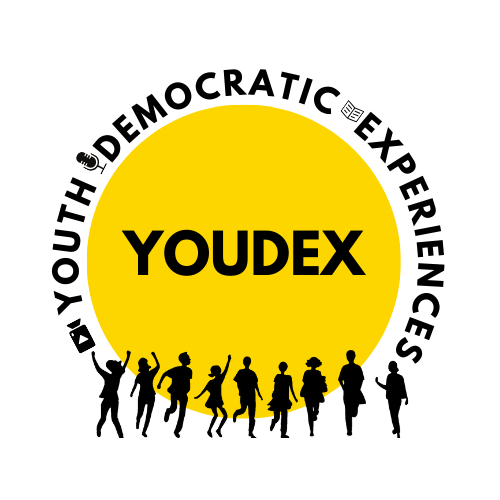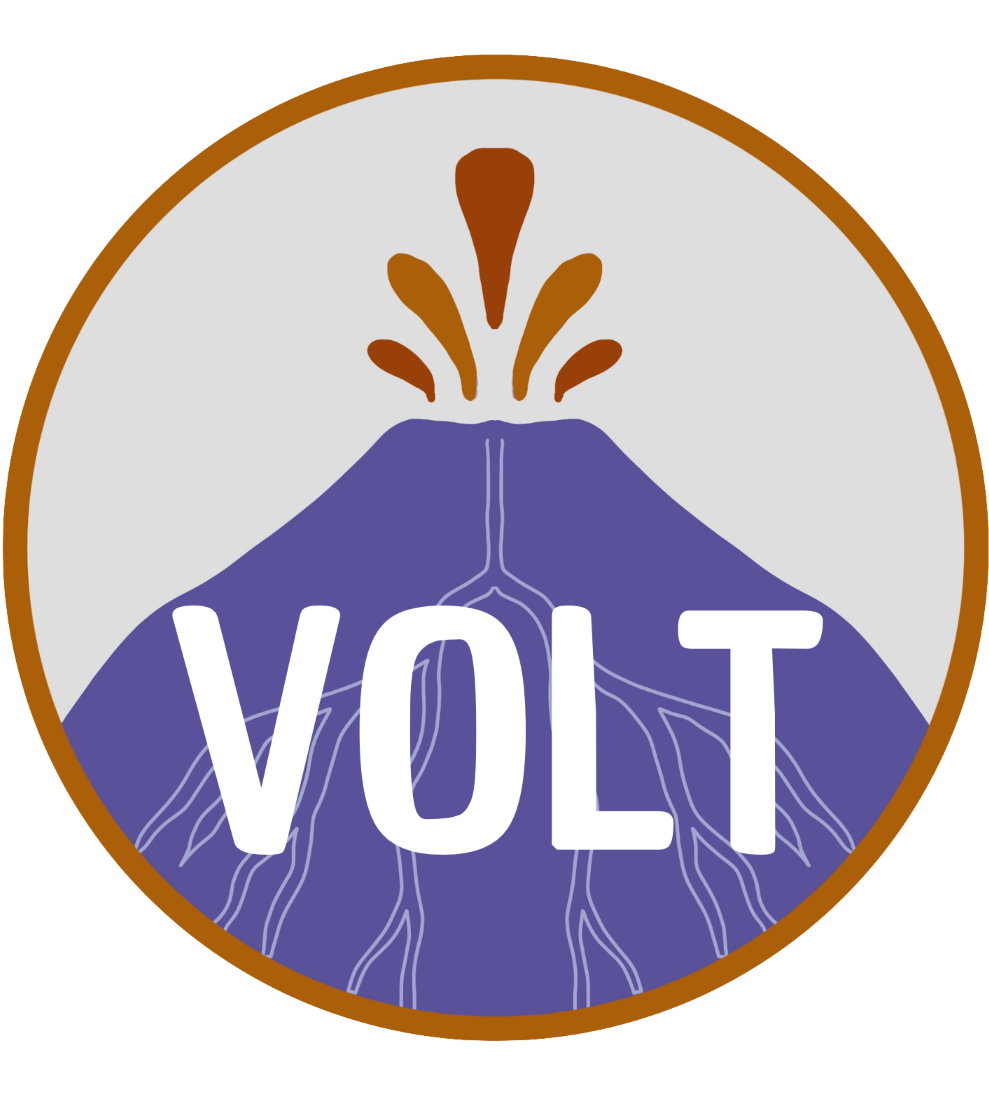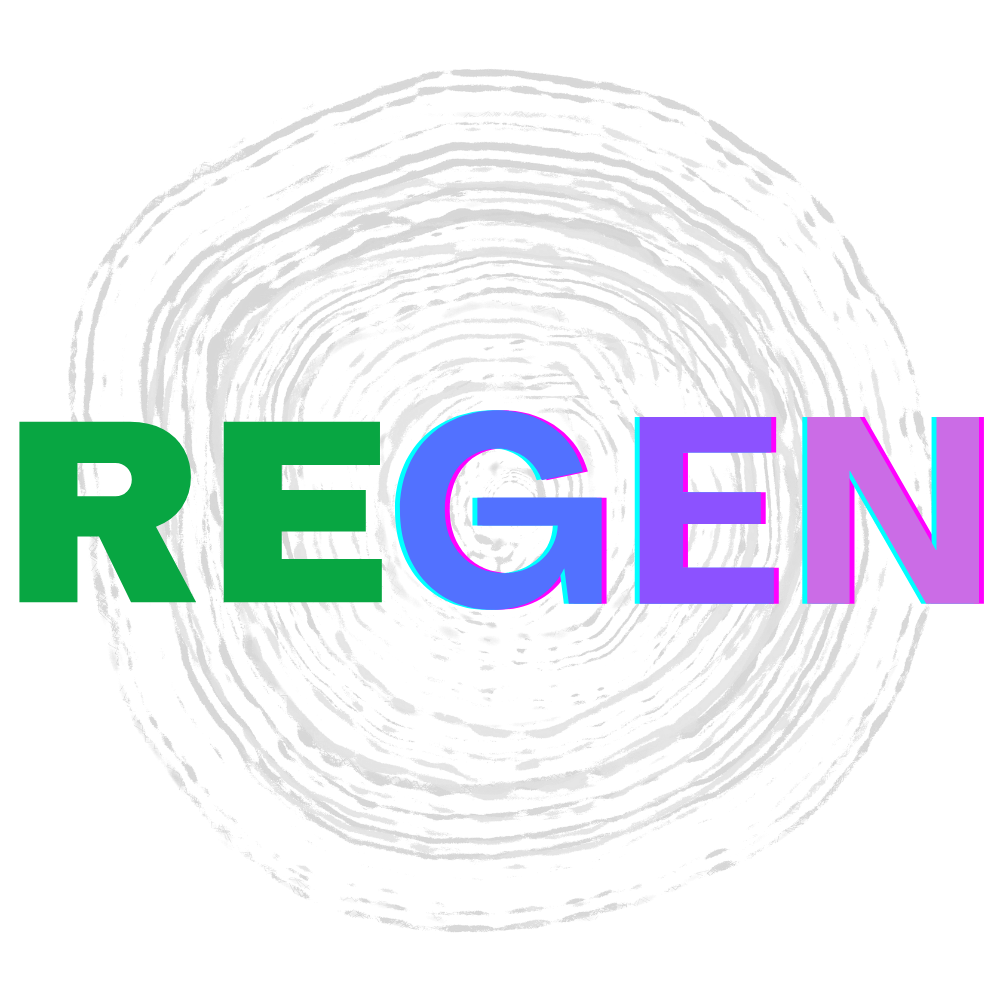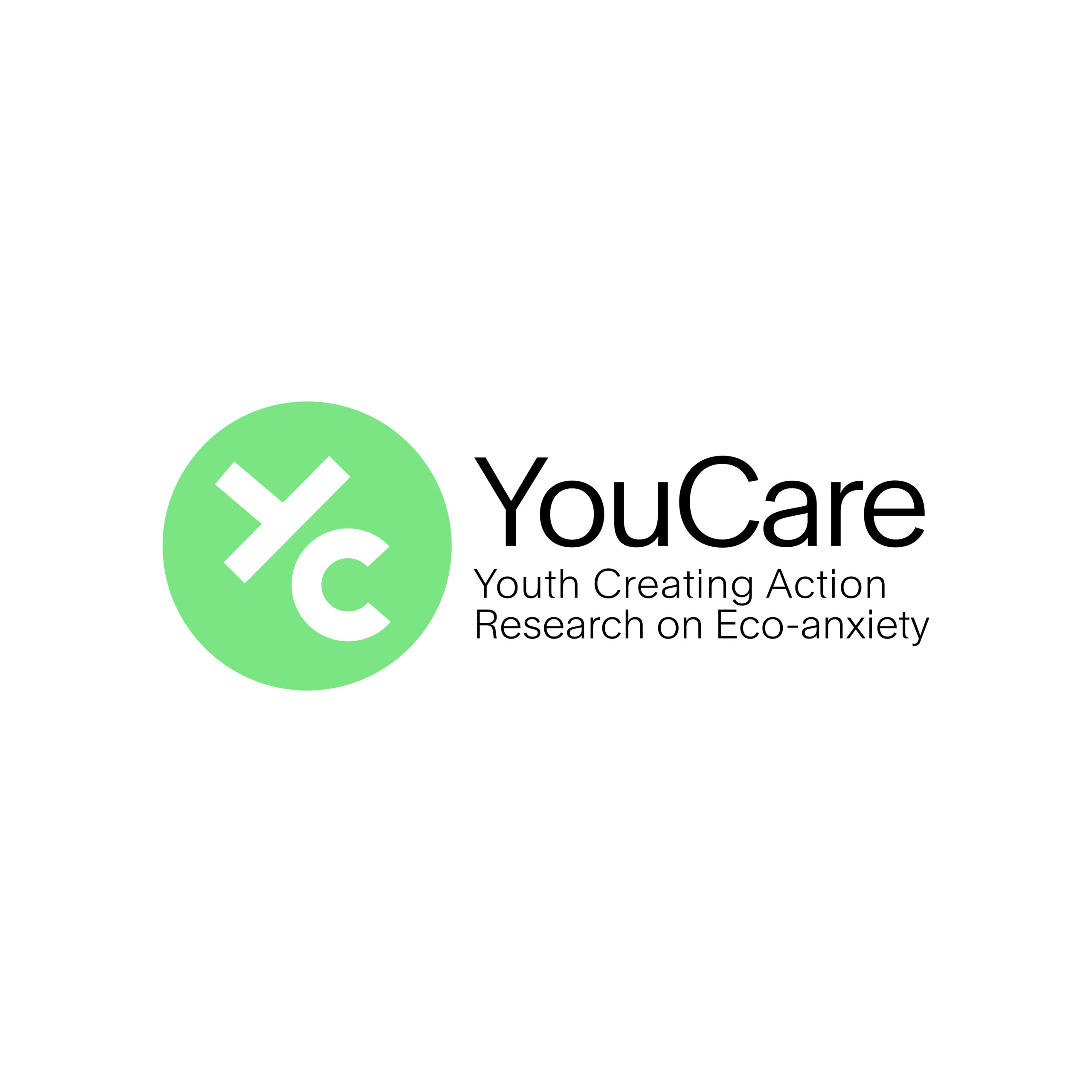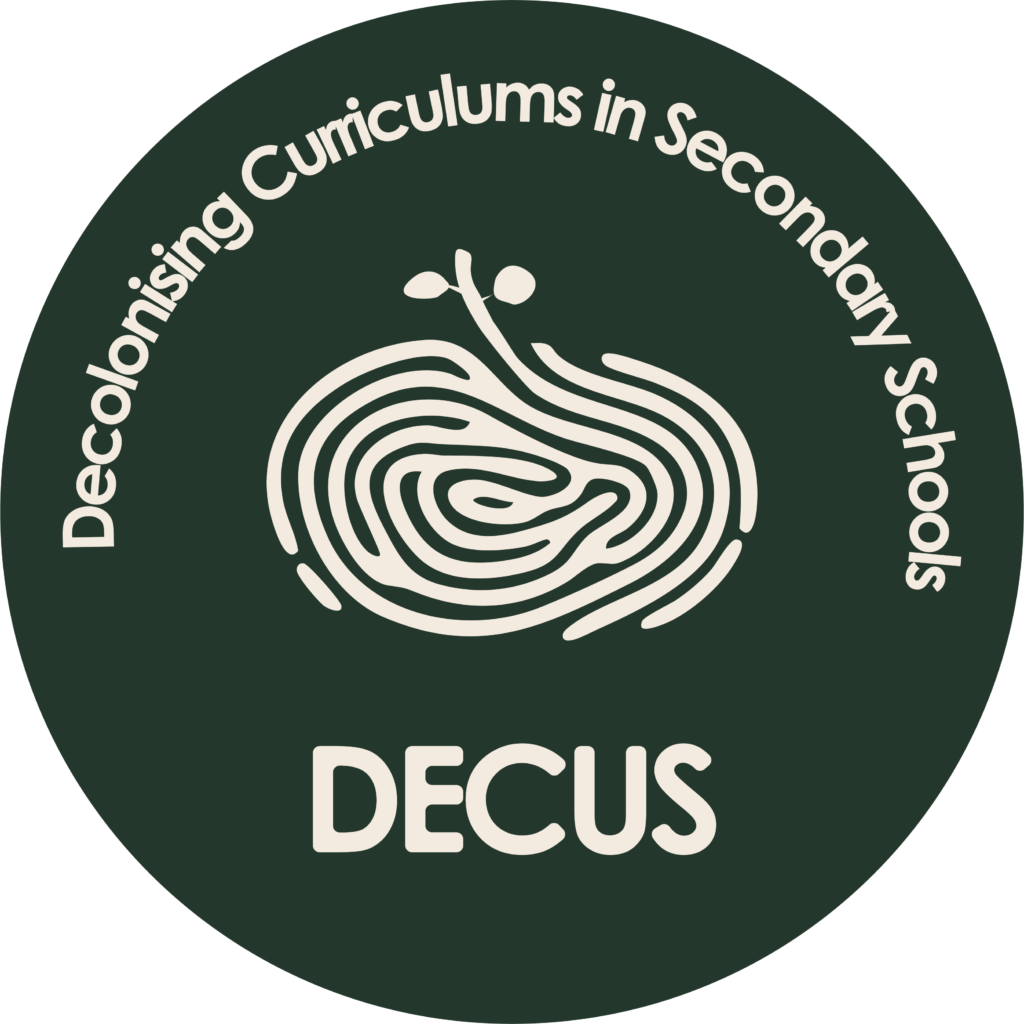
Decolonizing Curriculums in Secondary School (DECUS)
Decolonization of the Curriculum refers to the multilayered process of recognizing and dismantling power dynamics and knowledge paradigms that perpetuate racial, gender, and geo-political hierarchies. It entails rectifying historical and present power imbalances (dominations) and their social ramifications (discriminations), challenging the assumptions of Western knowledge hegemony and superiority.
Educational systems in Europe often reflect Eurocentric paradigms, marginalizing non-Western narratives and perpetuating inequalities. DECUS seeks to address these gaps by integrating decolonial approaches, and supporting teachers in their professional development, fostering intersectional inclusion and equality in secondary education.
objectives
DECUS General Objective is to Empower Secondary School teachers in employing decolonizing methodologies to foster inclusive learning environments, through the support of experts in diversity, decolonization and education.
This General Objective is supported by the following Specific Objectives (SOs):
SO.1 — Promote Decolonization of the secondary school Curriculum
SO.2 — Professionalise Teachers by developing inclusive competences through decolonisation approach
SO.3 — Empower teachers to employ inclusive decolonizing practices in the classroom
SO.4 — Favour a cross-curricula, cross-sectoral and cross-national exchange so to diversify and enrich the school experiences and practices
activities
Activities:
- Engaging & Un-learning: A training for secondary school teachers, online and in person.The training will be based on literature reviews and the needs expressed by the teachers and educators in secondary education.
A toolkit gathering all key resources will be created. An online library will be opened, collecting all meaningful contributions to the topic. - Acting & Reacting: Co-creation of lesson plans by international teams of teachers and mentored by Inclusion, diversity and decolonial pedagogies experts. Teachers will test decolonizing methodologies and lessons plans in the classroom and assess their impact.
- Restoring & Regenerating: Consists in an in-presence Conference in Brussels, gathering key educational stakeholders engaged in the process of decolonizing knowledge, education and curriculums.
- Representation & Narration: dissemination strategy to attract the attention on common historical bias and prejudices that are often reproduced in the curriculums, and best practices to address them.
These activities are backed-up by the following results:
Concrete results
- Decolonial Library, an online open-access resources centre gathering all meaningful contributions to the topic Decolonization & Education.
- Un-learning Online Training course for secondary school teachers to understand and engage in the decolonization processes of curriculums and teaching practice.
- Practical guidelines for teachers that can support them in implementing Decolonial methodologies in the classroom. Providing inputs on activities to use in the classroom, questions-for self reflection, and best-practices to inspire.
- A set of Decolonized Lesson Plans tackling challenges linked with Eurocentrism in the curriculums from various perspectives.
- Conference on Decolonization in School Education: in presence large-scale event inviting and engaging practitioners, experts, and key stakeholders in the fields of education, decolonization, and intersectionality.
duration
01/12/2024 – 01/09/2027
target groups
- Secondary school teachers
- Marginalized Communities
contact
partnerships

Funded by the European Union. Views and opinions expressed are however those of the author(s) only and do not necessarily reflect those of the European Union or the European Education and Culture Executive Agency (EACEA). Neither the European Union nor EACEA can be held responsible for them.
